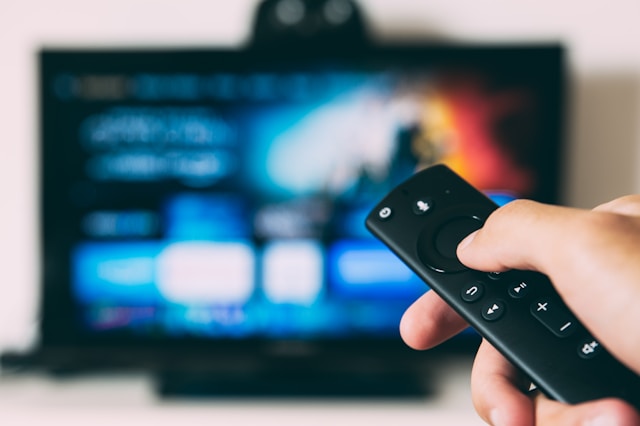We’ve all been there you start a new series, planning to watch just one episode, and suddenly it’s 2 a.m. and you’ve finished half the season. That’s the magic of binge-worthy TV shows. But what exactly makes a show so addictive that viewers can’t stop hitting “next episode”?
With the rise of streaming services like Netflix, Hulu, Prime Video, and Disney+, binge-watching has become the new normal. Instead of waiting week to week for a new episode, audiences now crave stories they can consume in one sitting. Let’s dive into the psychology, storytelling, and cultural trends that make a TV show binge-worthy.
The Psychology of Binge-Watching
One reason binge-worthy series captivate us is how they interact with our brains. Watching an engaging show triggers dopamine release, the chemical associated with pleasure and reward. Every cliffhanger, plot twist, or emotional reveal keeps us craving more.
Psychologists also point to escapism as a factor. Binge-watching allows us to immerse ourselves in another world and temporarily step away from daily stress. We grow emotionally connected to characters, and their stories become part of our own lives.
Another psychological element is the fear of missing out. When a new series like Squid Game or Stranger Things takes over social media, people rush to watch so they can join cultural conversations. Binge-worthy shows aren’t just entertainment they’re shared experiences.
Storytelling Elements That Make Shows Addictive
While psychology explains why we binge-watch, storytelling is the real foundation of binge-worthy TV shows.
-
Cliffhangers: Episodes that end on unresolved tension practically demand viewers click “next.” Classic examples include Breaking Bad and Lost.
-
Fast pacing: Binge-worthy series move quickly, avoiding filler episodes. Every scene drives the story forward.
-
Relatable characters: Complex, flawed, and evolving characters keep audiences invested. Viewers return not just for the story but to see how their favorite characters grow.
-
World-building: Some of the most addictive shows create immersive worlds, like Game of Thrones or The Witcher, where audiences want to keep exploring.
Good writing ensures each episode flows seamlessly into the next, giving audiences little reason to stop watching.
Production and Format Factors
The structure of binge-worthy series also plays a role. Streaming platforms tend to favor shorter seasons, usually 8–12 episodes, which feel more digestible than traditional 20+ episode formats. Episodes often run 40–60 minutes, striking a balance between depth and accessibility.
High-quality production cinematography, sound design, and special effects also enhances immersion. Just as important is accessibility: the ability to watch anytime, anywhere, without commercial breaks, is a huge reason binge-worthy shows dominate streaming platforms.
Cultural and Social Aspects
A TV show doesn’t become binge-worthy in isolation it thrives in culture. Social media has amplified word-of-mouth, making shows go viral overnight. Memes, fan theories, and online discussions create buzz that encourages more people to binge-watch.
Platforms like Netflix popularized the idea of dropping entire seasons at once, fueling the binge-watching culture. Instead of waiting weekly, audiences can consume a full season in a weekend and immediately join the conversation online.
Examples of Binge-Worthy TV Shows
Plenty of examples illustrate what makes a series addictive:
-
Stranger Things: Nostalgia, lovable characters, and constant cliffhangers.
-
Breaking Bad: Masterful storytelling and one of the best character arcs in TV history.
-
Squid Game: Suspense-driven storytelling with high stakes and cultural relevance.
-
The Office: Relatable humor and short, easy-to-watch episodes perfect for back-to-back viewing.
These shows span genres but share the same DNA: strong writing, engaging pacing, and cultural impact.
The Downsides of Binge-Watching
Of course, binge-worthy TV shows aren’t without drawbacks. Watching multiple episodes in a row can disrupt sleep patterns, impact productivity, and even lead to feelings of emptiness once the series ends. There’s also the frustration of waiting months or even years for a new season after finishing in just a few days.
Streaming fatigue is another concern. With so much content available, it’s easy to feel overwhelmed by endless options. Not every show can hold our attention long enough to become truly binge-worthy.
Conclusion
So, what makes a TV show binge-worthy? It’s a combination of psychology, storytelling, production quality, and cultural buzz. From gripping cliffhangers to relatable characters and on-demand streaming, these factors come together to create series we just can’t stop watching.

